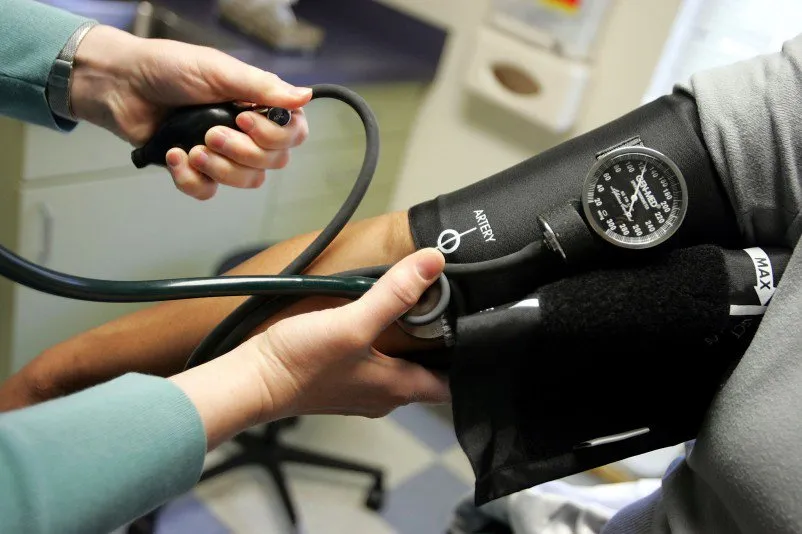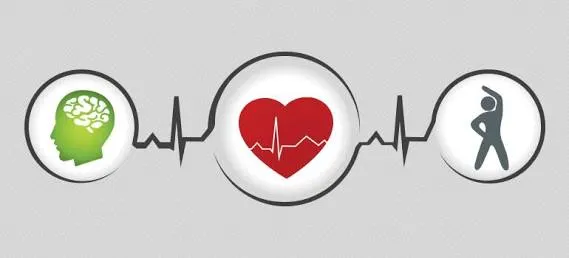
The regular promise of precision drugs is that each one kinds of details about your genetics, ethnicity, weight loss plan, even neighborhood—may very well be used to create extremely pre customized remedies for no matter what ails you, changing the one-size-fits-all drugs of the past.

Doctor's and researchers may have the best intentions while creating this drugs for the benefit of everyone, but to be honest this tend to be a major problem in the world, because not everyone is fortunate enough to afford these drugs, it has also been proved by a new report by the Data & Society Research Institute in New York says certain groups in the US are in jeopardy of being worse off when medicine is highly customized / tailor-made.
So who really stands to lose?

The Uninsured.
These high prescription medicine relies on researchers’ having lots of data. And that data comes from electronic health records that doctors update when they see patients. Relatively little information gets collected about the uninsured and people who don’t see a doctor regularly. Those folks are most likely to be young adults and the poor.

The Health-illiterate.
A handful of big, ongoing precision-medicine studies are looking at people who wear medical electronic trackers to monitor their vital signs. Those people tend to be early adopters of these technologies. They’re likely to be more physically active, interested in improving their health, well enlightened & educated, and living near major cities. Researchers will definitely need to find ways to get people who are less “health literate” to participate in these studies otherwise precision medicine may end up mostly benefiting only urban areas.

Women and minorities.
This particular groups of people have often been excluded from most medical research, so precision medicine that relies on historical data could be mostly inherently biased. Take for example, guidelines for lung cancer medical screening in the US are based on the m study of
over 53,000 people,with just only 4 percent of whom were African-American, according to a University of Chicago researcher Karriem Watson, he quoted in the report. what doctors really know about cardiovascular disease mainly comes mainly from the research on men.
That's all for today till my next post
Thanks for Reading if this post was helpful kindly leave a vote and share your thoughts in the comments box and don't forget to Resteem so that this can help someone in need of it.

Don't forget to follow me @uchefrancis for more articles
